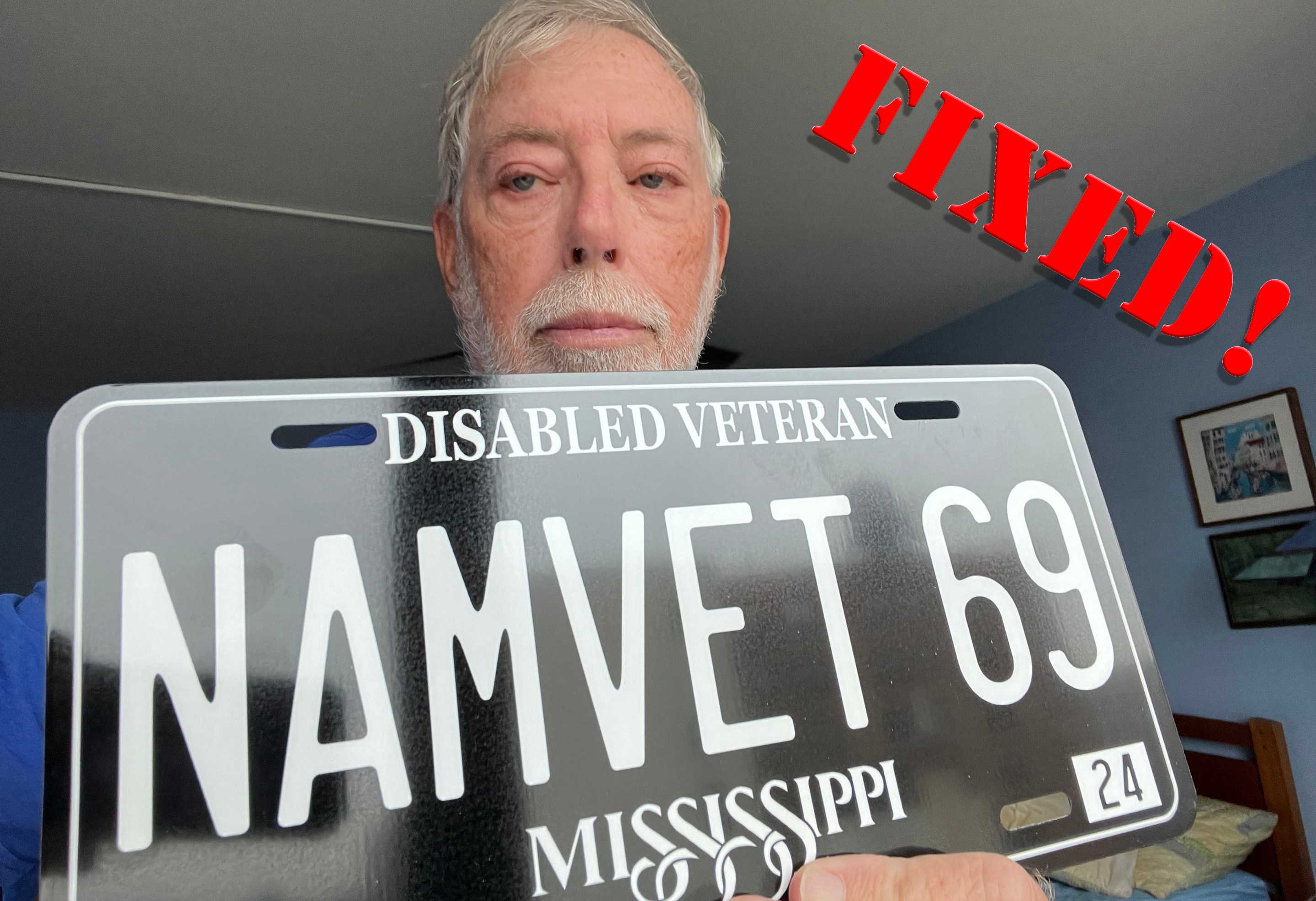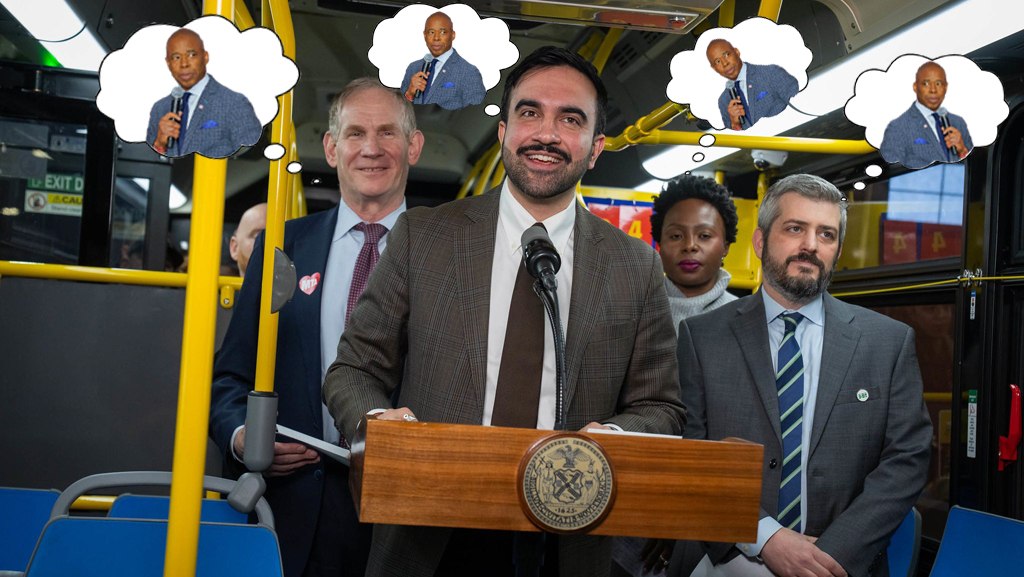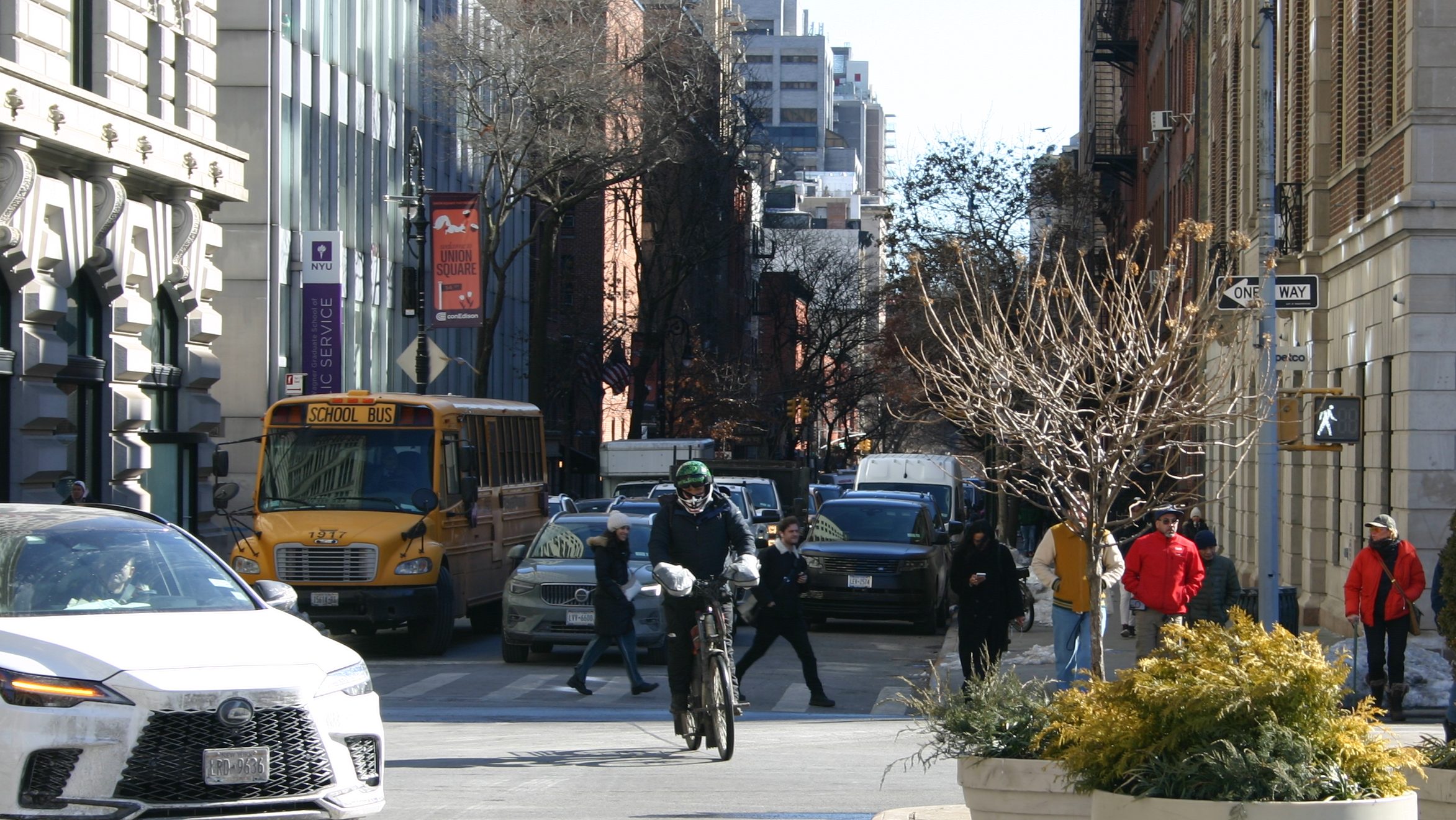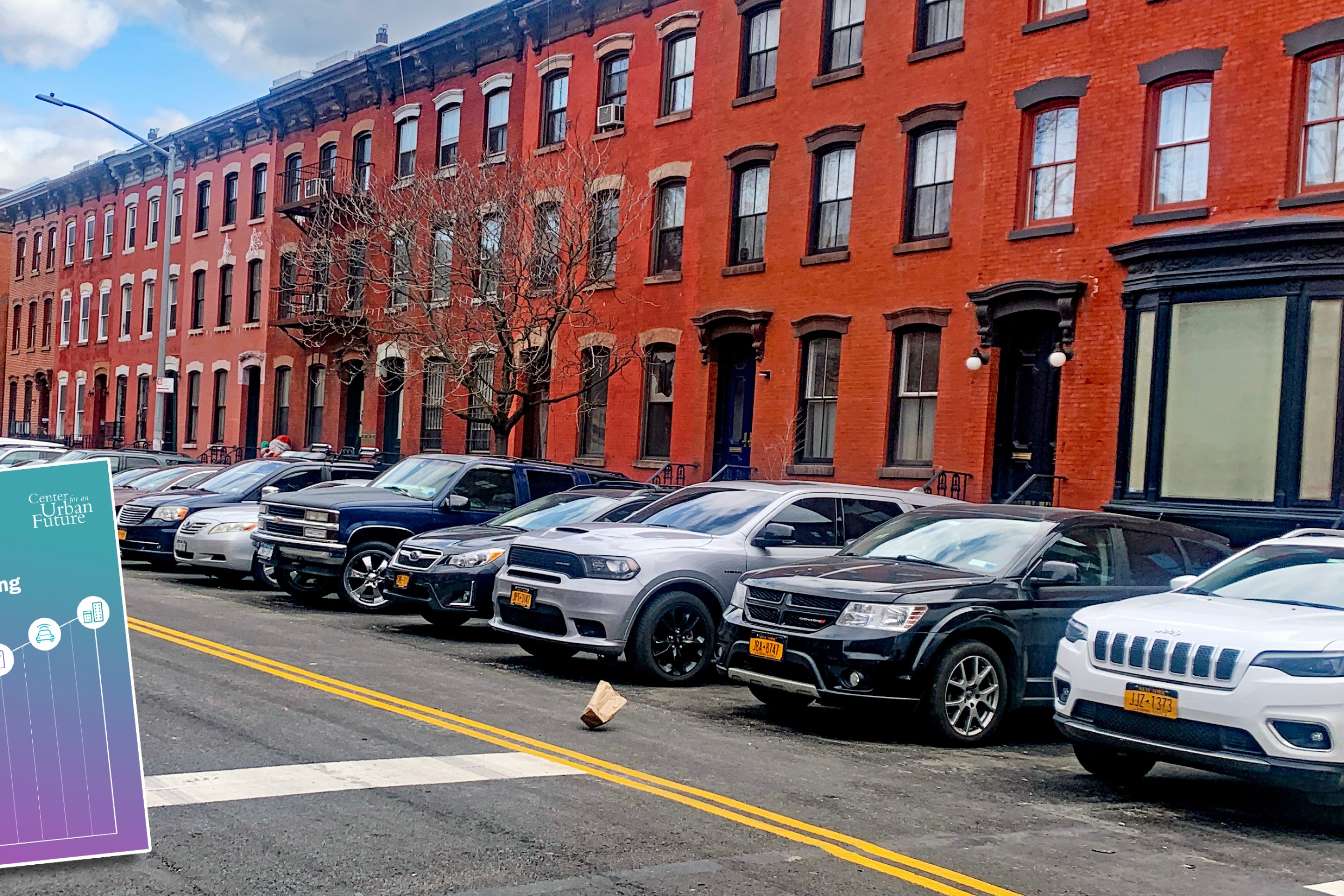Streetsblog gets action.
The MTA won't grant congestion pricing disability exemptions to any car with a disability license plate after all, and instead hopes to register individual drivers in a system set up with the city, officials said on Monday.
The new policy, dubbed "Individual Disability Exemption Plan," will allow people with a qualified disability to register one license plate for themselves to get exempted from the forthcoming congestion pricing toll.
Anyone with an existing MTA paratransit account will automatically qualify to submit a license plate. The transit agency also wants to partner with the Department of Transportation to automatically enroll anyone already approved for the city's "Parking Permit for People With Disabilities" program.
"It is our understanding that if you have a disability today, you're probably in one of those two ecosystems, including people who do not live in the city," MTA Chief Accessibility Officer Quemuel Arroyo told Streetsblog last week. "So we want to leverage those two operations to automatically qualify people who have been pre-qualified by one of those two really good programs."
Arroyo presented the plan to agency board members on Monday. With the MTA planning to launch congestion pricing in mid-June, the goal is to set up a website for people with disabilities to apply for the exemption by mid-April, he said.
The state's 2019 congestion pricing law mandated a full exemption to the traffic toll for people with disabilities, but left it up to the MTA to come up with how to apply that exemption.
The Traffic Mobility Review Board, empaneled to set exact toll amounts and rules, decided last year to automatically apply the exemption to any car with a state-issued disability license plate.
But that idea came presented several challenges; "Gridlock" Sam Schwartz, for instance, discovered it would be easy to snag a fraudulent disability plate from eBay. And disability advocates also cried foul, arguing that a blanket license plate exemption ran the risk of leaving out people with disabilities who don't already have a car with a disability plate.
"Most people with disabilities aren't driving in," said Joe Rappaport, the executive director of the Brooklyn Center for the Independence of the Disabled. "My board [has] several people who cannot drive. Should they be subject to congestion pricing when they go into their jobs the only way that they could actually get there? No, of course not. The MTA has to realize that."
Conversations with elected officials and disability advocates like Rappaport alerted the MTA to the shortcomings of the TMRB's exemption plan. As a result of those conversations, applicants will now be able to submit a license plate of a car they own — or a license plate attached to a car of a family member or caregiver who drives them.
"We've changed this because of conversations with the advocates. There was a lot of uncertainty, ambiguity, discomfort of what we propose initially. And we made that change," Arroyo told Streetsblog.
The exemption for disabled drivers is the only flat-out 100-percent exception to the toll. Arroyo said that between Access-A-Ride and the DOT parking permit program, there are 194,000 people who could theoretically apply for and get automatic approval for the exemption.
Schwartz praised the MTA for changing course.
"This is great news," he said. "It shows the MTA is listening. This is a very good move towards a more honest system."






